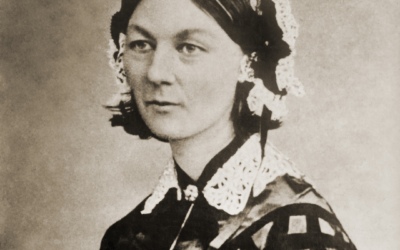Nursing has a long and distinguished history of being at the forefront of providing quality healthcare to individuals from all walks of life. From its humble beginnings in ancient civilizations, nursing has since evolved greatly over time as new discoveries were made and technology advanced.
The early days of nursing can be traced back to Ancient Greece, where female slaves often served as midwives during pregnancy and childbirth. This practice was later passed down to the Romans, who organized nurses into guilds that regulated their duties and provided some level of protection. During the 16th century, religious orders emerged in Europe that focused on providing care for the sick or injured – such as St. Augustine’s Order in England – which is widely considered one of the first modern nursing organizations.
In the 19th century, Florence Nightingale had a tremendous influence on nursing with her groundbreaking work in hygiene reform and hospital administration which helped reduce mortality rates significantly in military hospitals during the Crimean War. She also founded the Nightingale Training School for Nurses at St Thomas’ Hospital in London – becoming an inspiration for many women who sought out a profession in nursing.
Today, nurses use advanced technology alongside evidence-based care practices to deliver superior patient care while also advocating for social justice issues like timely access to health services and promoting policies that benefit people worldwide. Furthermore, nurses continue to lead efforts like disaster relief operations or international initiatives that offer medical aid – making it clear how indispensable their role is within healthcare today!







